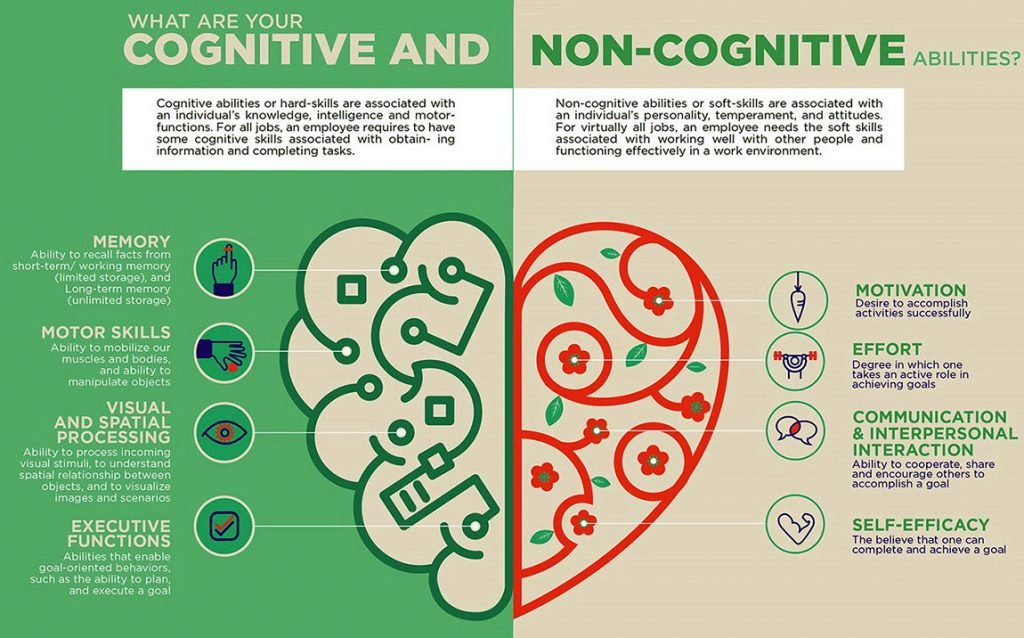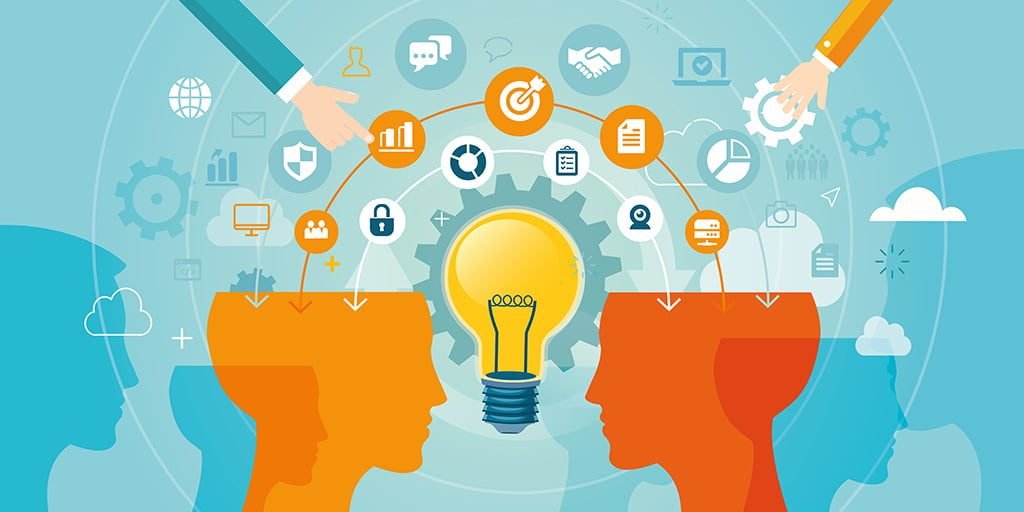6 Educational Benefits of Video Games
Video games can be used as an effective educational tool as it fosters a healthy learning environment. When most people think of video games, they see players zoning out for hours on end, not connecting with others or thinking critically. This image, however, has been disproved numerous times by studies.
In a traditional learning environment, if you are learning about ways to compose a perfect essay, it can be a boring thing. You may require visually appealing graphics and interesting activities to polish your skills. Video games can increase students’ learning abilities. They also generate new pathways for social engagement.
Check out the 6 educational benefits of video games and understand the concept in detail:
1. Development of Non-Cognitive Skills

Noncognitive characteristics such as self-discipline, problem-solving, patience, and a collaborative attitude are developed in children. These abilities are difficult to acquire in a regular school environment. Students deserve an environment in which they can acquire new skills while having fun.
If they are told to avoid particular habits, they may not follow through. Instead, students will learn to acquire such behaviors and improve their social abilities through gaming activities. When their grades are not good enough, many pupils lose hope, which demotivates them. Gaming instills in players the importance of perseverance and persistent effort.
2. Enhancement of Memory

Video games demand that players use their working memory. Students must recall the rules of the game, its objectives, characters, plot, etc. It improves their memory and makes them more attentive. They are more attentive to details and pay close attention to everything. As a result, the brain’s storage capacity is enhanced. Students who struggle to remember course material get great motivation.
It naturally boosts their ability to learn and retain information for extended periods. It also increases their awareness of their surroundings. Students who are prone to missing critical details understand the value of paying attention.
Also Read: Games to Sharpen Your Brain
3. Increased Concentration

With the fear of losing a game or not scoring as well as your competitor, gamers become highly alert and play with full concentration. They do not want to miss out on anything and give their best effort to win. Thus, such activities increase the focus of students.
The positive reinforcement technique is applied in schools to persuade students to perform better. To get rewards, they work harder and focus more on improving their performance. Games help a lot in practicing such essential skills and make students efficient and goal-oriented. They learn about various techniques to get out of difficult situations.
4. Effective Functioning of Brain

Visual and auditory inputs abound in video games that require the players to evaluate and respond within a few seconds. When the brain is engaged in such tasks, it does not become dormant. Video games help people to react faster without sacrificing accuracy.
As you progress through the levels, the prizes increase and the scenarios become more difficult. So, the brain begins to adjust properly. A kid who participates in games has a more awake thought process than one who does not. There is more adaptability to design different techniques for overcoming challenges.
5. Knowledge Advancement

If you are playing a game that involves a battlefield between certain tribes, you will find exploring the information interesting if such tribes exist in the real world. Your curiosity enhances your urge to know about the history of a particular event or any cultural norm. Students start exploring different sources when they play such games.
Their knowledge becomes excessive and it makes them good researchers. Similar ways can then be applied to conduct analysis and research on the subject matter. There is a great need for such inspiration and practice. Games can be a very productive and helpful activity unless the kids do not become addicts to a harmful level.
6. Enhanced Ability to Multitask

Multitasking is difficult, and if you do it frequently, the quality of your work will suffer. As a result, it is critical to practice it in such a way that your time is efficiently handled and your quality is maintained. Many games need players to keep track of multiple things at once, such as their avatar’s health and inventory, time limitations on a level or assignment, and potential obstacles or threats.
It improves their ability to deal with high-pressure situations and increases their self-assurance. Video games help players socialize by teaching them how to work together in groups, compete healthily, and bond through shared in-game experiences.
Hand-eye Coordination and Fine Motor Skills
Playing video games requires the use of a controller, keyboard, or other input devices, which can help improve hand-eye coordination and fine motor skills. These skills are essential for daily activities and can also be helpful in various professional fields such as sports, surgery, and art.
Language and Literacy
Video games, especially those with complex narratives, can help players improve their language and literacy skills. Players are exposed to new vocabulary, and they often have to read and interpret in-game texts, dialogues, and instructions. This can improve reading comprehension and overall language proficiency.
Social Skills and Collaboration
Many video games, especially multiplayer games, encourage collaboration and teamwork. Players need to work together to achieve common goals, negotiate strategies, and communicate effectively to succeed in the game. These skills can translate to better interpersonal relationships and team dynamics in real-life situations.
Creativity and Imagination
Video games can inspire creativity and imagination in players. They often require players to create unique solutions to challenges, design their characters, or build their worlds. This encourages out-of-the-box thinking and stimulates the creative process.
Emotional Resilience and Stress Relief
Video games can help players develop emotional resilience by exposing them to challenging situations in a safe environment. Players can learn to cope with frustration, failure, and setbacks while trying to achieve their goals. Additionally, video games can provide a means of relaxation and stress relief, which can contribute to overall mental well-being.
Educational Content
Many video games are designed explicitly with educational purposes in mind. These games cover a wide range of topics, from history and science to mathematics and language learning. By engaging players in entertaining gameplay, educational games can make learning more enjoyable and effective.
Conclusion
In conclusion, video games offer numerous educational benefits that can complement traditional learning methods. By engaging players in a fun and interactive environment, video games can help improve cognitive functions, social skills, creativity, and much more.
It is essential, however, to balance gaming with other aspects of life and ensure that the content is age-appropriate and beneficial for the individual player.
Video games have various advantages in the educational context. However, addiction can be extremely hazardous and can even undo the benefits. As a result, it is vital to engage in gaming activities for a set amount of time to not put health at stake.
